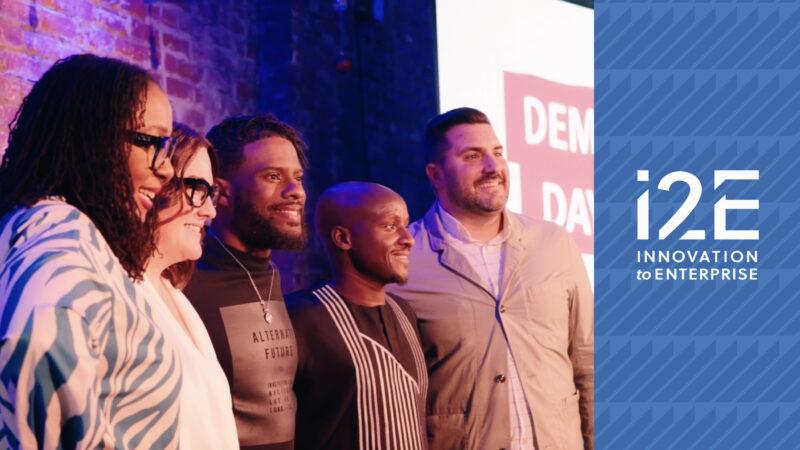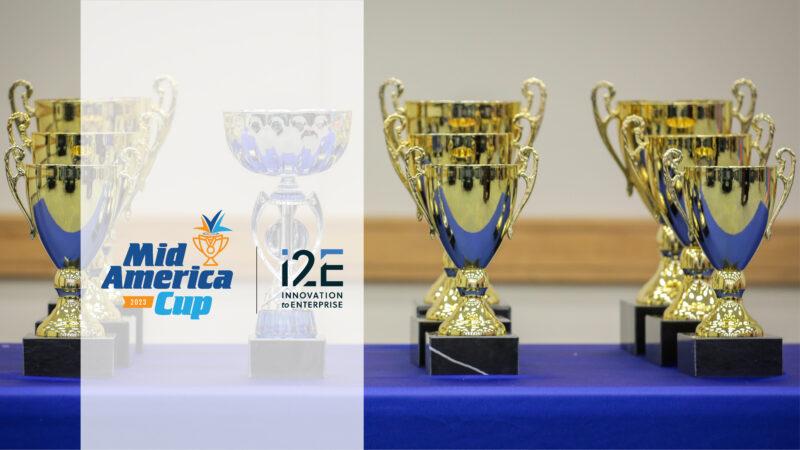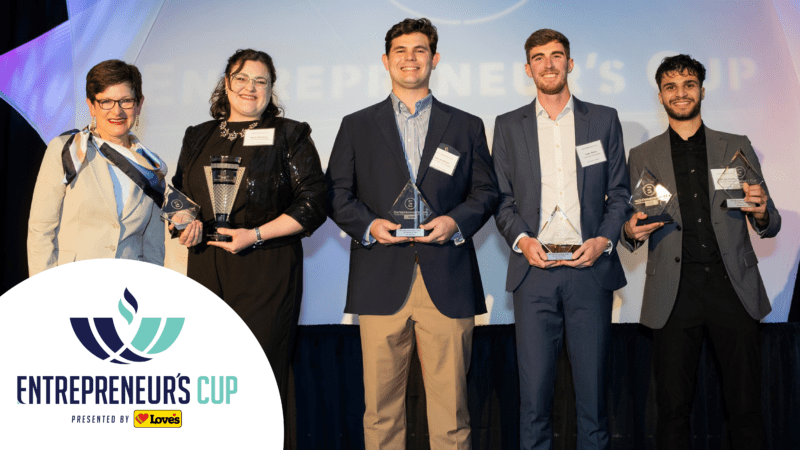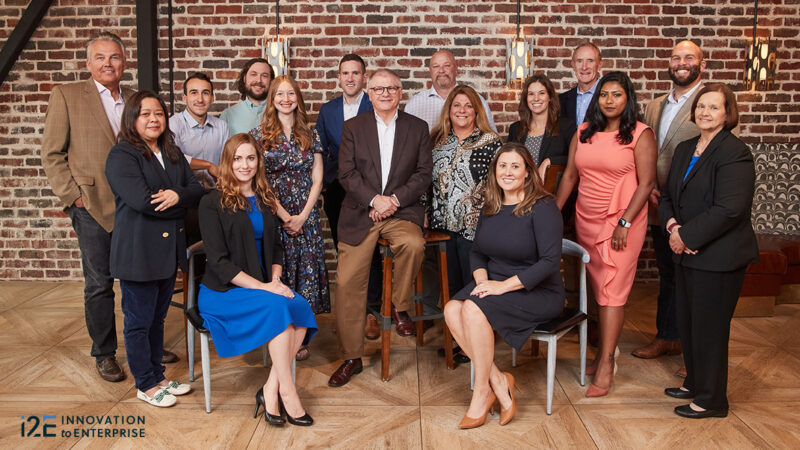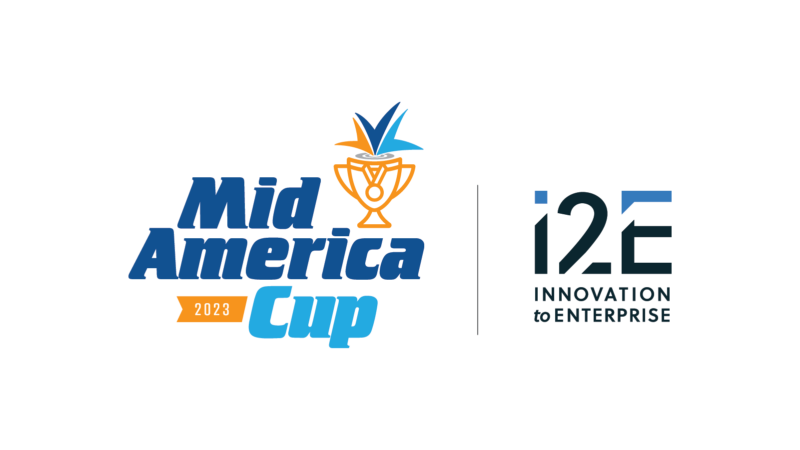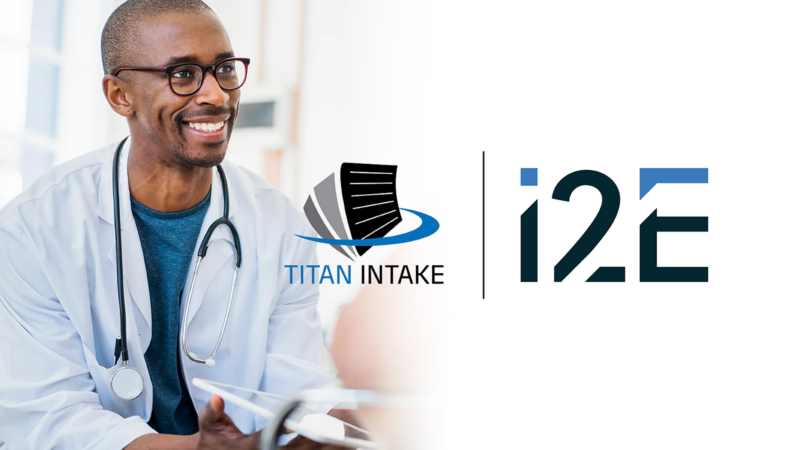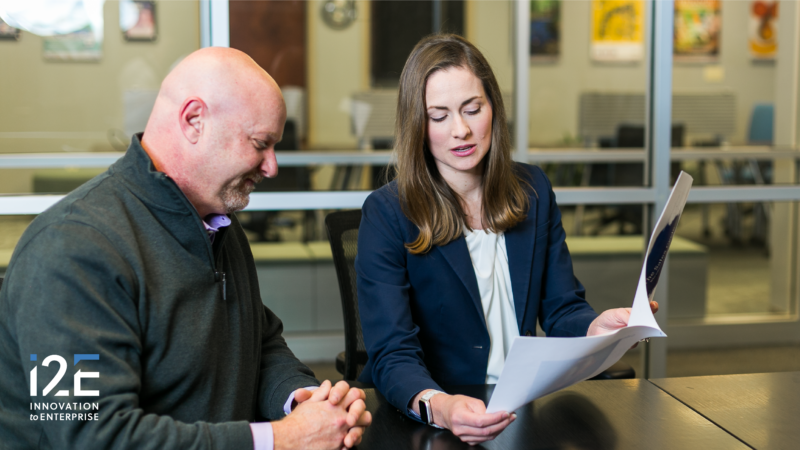By Jim Stafford
Copyright © 2016, The Oklahoma Publishing Company
TULSA — For a first-time visitor, the eight spools of black ribbon hanging on racks inside a glass-enclosed cabinet at Tulsa’s Infinite Composites Technologies might be mistaken for giant rolls of black yarn. Or spools of wrapping tape. Or oversized bobbins of thread.
The large spools actually hold carbon fiber material, 10 times stronger than steel yet almost as light as the yarn used to make a pair of socks.
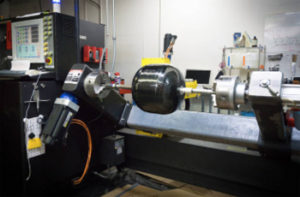
Infinite Composites Technologies (ICT) uses the carbon fiber material to manufacture patented, linerless composite pressure vessels that can store all types of gasses at pressures of 3,000 pounds per square inch or higher.
Founded in 2009 by Matt Villarreal and Michael Tate, the company uses a computer program that pulls the carbon material off the spools, covers it in a special resin and wraps it in a precise design. There is no steel or plastic lining inside.
“The main problem we solve for our customers is increased usable capacity and significantly reduced weight,” Tate said as he demonstrated the computerized production process for me at the company’s Tulsa headquarters.
Their composite pressure vessels are so light that applications extend beyond storing fuel for vehicle transportation, ranging from industrial gas storage to the aerospace industry.
Their tanks are even being used in space for satellite propellants.
“We can reduce weight by up to 90 percent compared to steel pressure vessels or up to 40 percent compared to other composite pressure vessels,” Tate said. “We refer to our product as the Infinite Composite Pressure Vessel because with our interior design, we believe we can have a potentially infinite useful life with our design.”
Before there was an Infinite Composite Technologies, Villarreal and Tate were students at Oklahoma State University where they were on a collegiate race team that competed in an engineering challenge called the Formula SAE program. The OSU team built and raced a vehicle in a 24-hour endurance competition.
However, because of the fuel expense, the OSU team began looking into alternative fuels. They chose compressed natural gas and competed with the first CNG Formula SAE vehicle in the country.
“We successfully piloted that program, but the fuel tank was a major hindrance to the vehicle,” Tate said. “It was bulky, it didn’t store enough fuel and added about 10 percent of the weight to the vehicle.”
Out of that experience, an idea was born. Villarreal began engineering a linerless tank design to increase capacity and reduce weight. The Infinite Composite Pressure Vessel debuted in 2013.
Along the startup journey, the company raised $2.5 million through pilot programs, business plan competitions and an Oklahoma Applied Research Support grant from the Oklahoma Center for the Advancement of Science and Technology (OCAST). It also received early assistance from the New Product Development Center at OSU.
“We are trying to get into some launch vehicle applications for storing oxygen and hydrogen,” Tate said. “We recently received a grant from OCAST to go into cryogenic storage, which will really help us get more into the space industry.”
ICT was named a Top 50 Global Startup during the 2013 Global Entrepreneurship Week and won the 2013 Tulsa Community College Startup Cup.
The path from concept to finished product to high-end market, such as the aerospace industry, has hardly been a straight line. Originally conceived as a lightweight fuel tank for vehicles, the company branched out when it saw more possibilities in other markets.
“We wanted to validate the need for this technology, and we knew it wasn’t going to be limited to compressed natural gas, so we went after multiple industries to prove our assumptions,” Villarreal said.
ICT manufactures its composite pressure vessels in sizes that range from 5 inches in diameter to up to 30 inches in diameter and 10 feet in length. After vessels are built to proper dimensions, they are then baked in an on-site industrial oven.
Tate invited me to lift an ICT pressure vessel that was about the size of a propane tank for a barbecue grill. It was feather-light in comparison to steel tanks.
Those vessels will help aerospace companies store more critical fuels onboard satellites on interstellar missions, he said.
“With all these new space clients coming in, from little satellite manufacturers to small launch companies, we’re really hoping to get into that market more heavily,” he said.
To infinity. And beyond.
Jim Stafford writes about Oklahoma innovation and research and development topics on behalf of the Oklahoma Center for the Advancement of Science & Technology (OCAST).
Read the article at newsok.com

